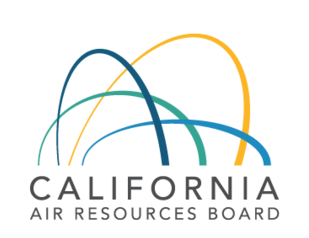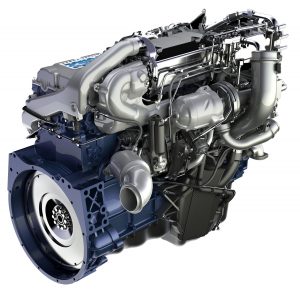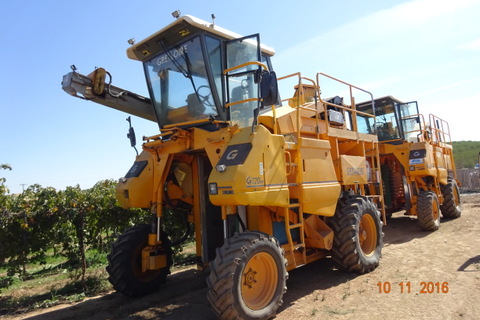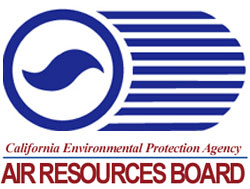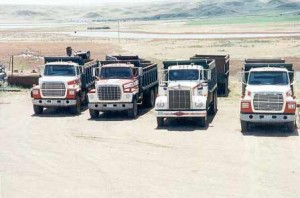 The Air Resources Board’s (ARB) first diesel filter deadline is January 2012, and as a recent release states, “Owners of heavy diesel trucks [in California] … need to act now in order to comply with the Truck & Bus regulation” since the process of ordering and installing the filters can take a few months.
The Air Resources Board’s (ARB) first diesel filter deadline is January 2012, and as a recent release states, “Owners of heavy diesel trucks [in California] … need to act now in order to comply with the Truck & Bus regulation” since the process of ordering and installing the filters can take a few months.
This first deadline involves fleet vehicles with a Gross Vehicle Weight Rating (GVWR) greater than 26,000 pounds. Lighter diesel trucks (those with GVWR of 14,001 to 26,000 pounds) will have no compliance requirements until 2015.
If you are a fleet owner of heavier vehicles, ARB offers two options to reduce diesel emissions, both of which are subject to a January 2012 deadline:
- Follow the staggered implementation schedule; this requires that each 1996 -1999 model engines be retrofit with a diesel particulate matter (PM) filter by January 1, 2012; or
- Use the flexible phase-in option; this requires that any 30% of vehicles in the fleet have a PM filter by January 1, 2012.
If you choose the second option, be sure to report information about all your heavier vehicles to the ARB by January 31, 2012.
Owners of small fleets (1-3 vehicles) can push back the initial PM filter requirements for the heavier vehicles in that fleet until 2014 and delay engine replacements until January 1, 2020, or later. All fleet information, however, must still be reported to ARB by January 31, 2012 in order to receive the extension to 2014.
Because retrofitting a fleet can be an expensive proposition, Assistant Chief of Mobile Sources Erik White invites fleet owners to call the Diesel Hotline at 866 6 DIESEL (866-634-3735) to investigate options available for funding, including
- The Carl Moyer Program offers incentive grants for buying cleaner-than-required engines yielding early or extra emission reductions
- Proposition 1B funds are available under the Goods Movement Emissions Reduction Program
Because almost all our equipment appraisals–whether for construction, ag, manufacturing or food processing–involve at least some diesel equipment and fleet vehicles, I’ve been following the development and implementation of CARB regulations with some interest. It’s especially important to be aware of diesel regulations when appraising large transportation fleets of heavier vehicles as we often do. So far, these regulations have not had any measurable effect on diesel values. In order to ensure, however, that the regulations are taken into account for equipment appraisals, I have been including the following paragraphs in any applicable equipment appraisal report, under the heading of Regulatory Factors:
Within a few years, California Air Resources Board (CARB) Diesel Risk Reduction Plan (RRP) could make some diesel equipment economically obsolete. CARB recently approved significant changes in the timing and phase-in of the regulations.
Regarding the impact of compliance on equipment valuation, all indications support the conclusion that the current market has, in fact, assimilated the economic obsolesce information regarding the CARB RRP and therefore current values reflect that information. This assimilation of regulation information is supported by the lack of consensus among dealers regarding the financial weight of the regulations in the marketplace. It is worth reiterating, however, that valuations provided in this report are considered viable for the effective date only.
When any of your fleet vehicles are appraised in 2012, it will be important for the equipment appraiser to know whether your larger, heavier fleet is being staggered or phased in, and which individual vehicles have already been retrofitted with the appropriate diesel particulate filters or new engines. Be sure to have your paperwork readily available in your maintenance records!
Jack Young
Fleet Vehicle Appraiser
NorCal Valuation
